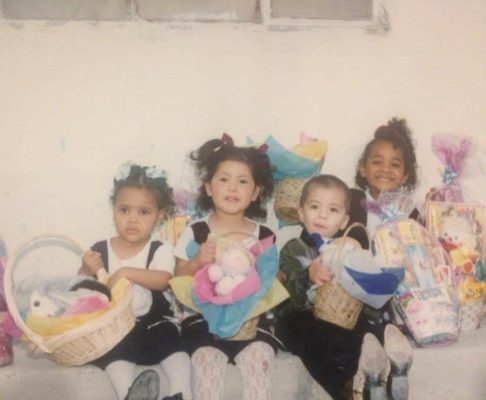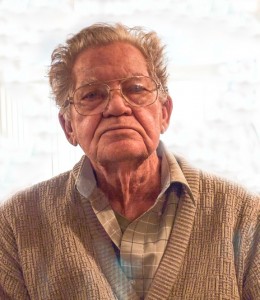After finding out he is a U.S. citizen, immigrant student doubles up on workload to reunite with his family from Mexico
|
As a child growing up in Ciudad Juarez, Alexis Mesta loved racing his bike with his neighborhood friends and watching Saturday morning cartoons on TV, especially Courage the Cowardly Dog. He loved eating his grandma’s homemade food and spending time with her. He says he was a carefree, well-adjusted boy, blessed with loving parents who wanted the best for him.
That life ended when, as a teenager, he moved alone to El Paso to create a new life for himself and help his family. Today, Mesta, 22, works two jobs, studies for his master’s in business administration at UTEP and has sponsored his mom, dad, sister and brother to live in the U.S.
“I wanted to sponsor my family because I wanted my brother and sister to have the same advantages that I did,” said Mesta, who was born in El Paso and is a U.S. citizen.

